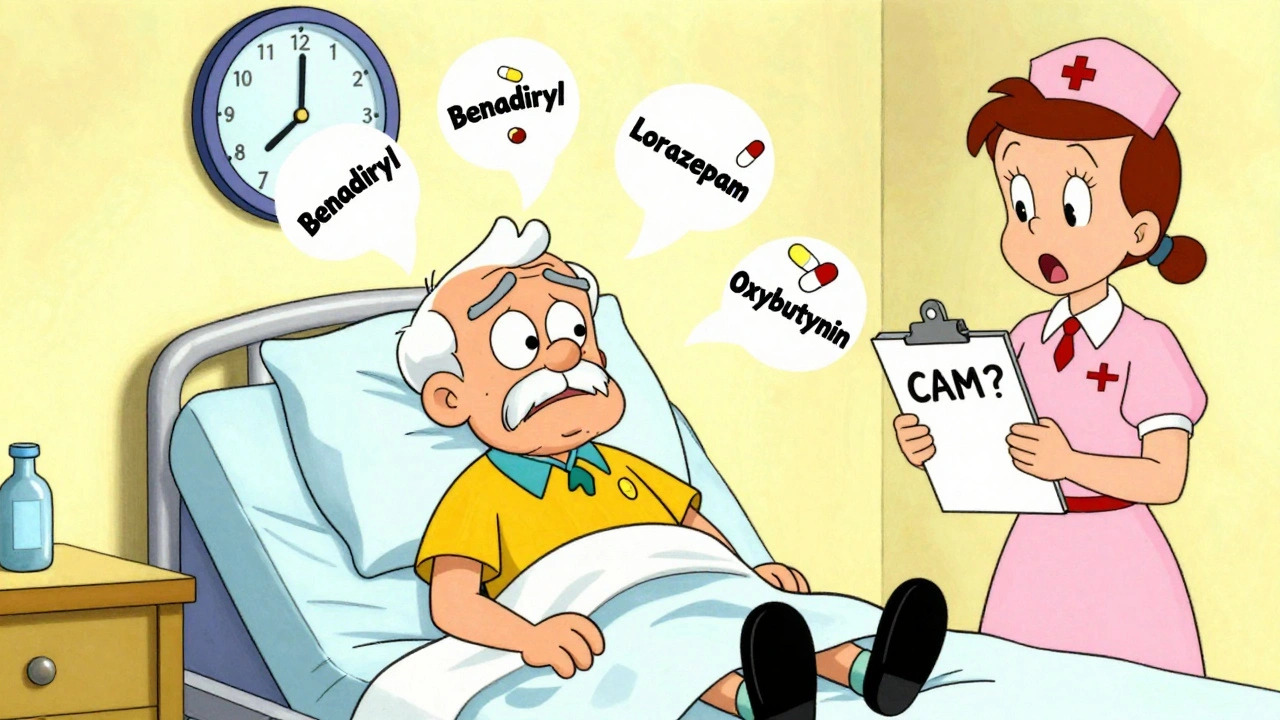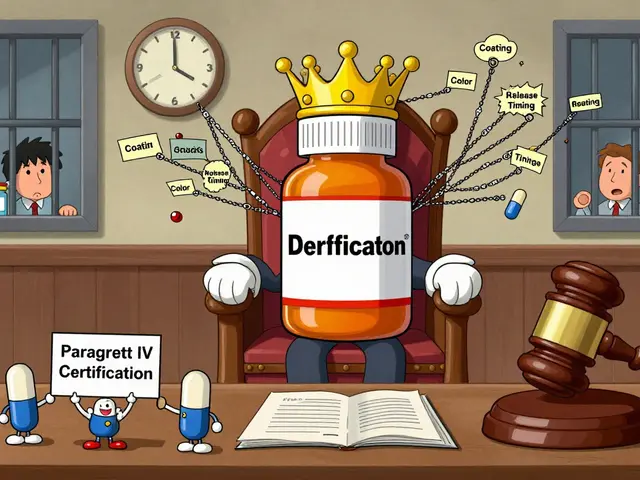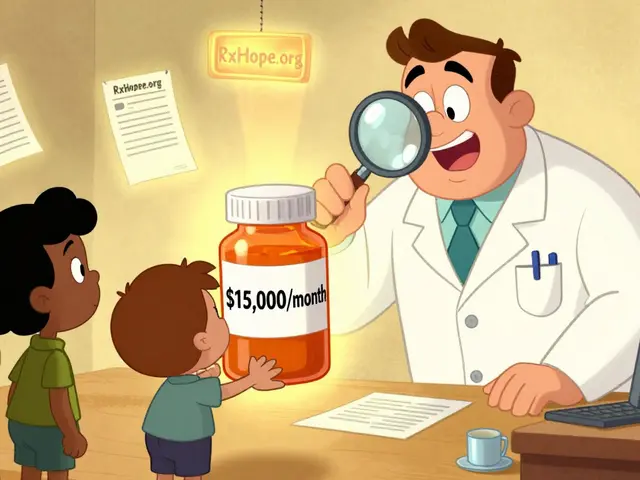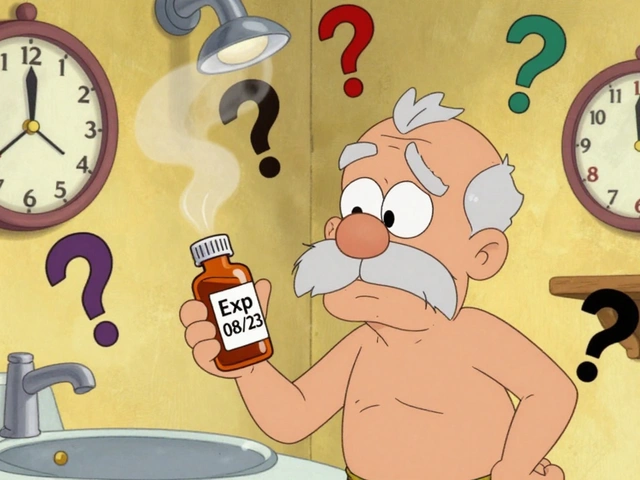Older adults: simple, practical tips to stay safe on medications
Taking several medicines is common as we age. That raises risks: interactions, wrong doses, side effects that look like other problems (dizziness, confusion, falls). This page gives short, useful steps you can use today to make meds safer and easier to manage.
Start by making one clear medicine list. Write every prescription, over‑the‑counter drug, vitamin, and herb you take — dose, time, and why you take it. Keep a paper copy in your wallet and a digital copy on your phone. Bring that list to every doctor and pharmacy visit. A single list cuts down on mistakes when multiple specialists are involved.
Ask your doctor or pharmacist about deprescribing. If you’re on five or more meds, review each one: do you still need it? Could a lower dose work? Could two drugs be doing the same job? Pharmacists can spot duplicate therapies and risky combos fast. Don’t stop anything on your own — talk with your care team first.
Quick safety checklist
Use this short checklist to spot common problems fast:
- Kidneys and liver matter: ask if your dose needs lowering with reduced kidney or liver function.
- Watch for interactions with herbs and supplements — for example, St. John’s wort and valerian can affect antidepressants. (See our guide on herb interactions.)
- Be careful with pain and sleep meds: NSAIDs like Celebrex can affect blood pressure and kidneys; some sleep aids raise fall risk.
- Carry a current list of allergies and bad reactions to past drugs.
- Use a pill organizer or blister packs if keeping track is hard.
If you handle inhalers or eye drops, check technique. Poor inhaler use can make asthma or COPD worse; eye drops need the right timing and placement to work. Ask your clinician to watch you use them once — small changes often help a lot.
Where to learn more and read related guides
Want deeper info? Read practical articles that cover specific medicines and buying safely online. A few helpful reads on this site:
- Hyzaar: Uses, Side Effects, Dosage, and Patient Tips for Blood Pressure Control — simple tips if you’re on blood pressure meds.
- Celebrex: Everything You Need To Know About This Popular Pain Relief Medication — what to watch for with arthritis pain drugs.
- Celexa: What to Know About This Popular Antidepressant Before Starting — practical guidance on antidepressants and side effects.
- Herbal Supplements That Interact With Imipramine — a clear look at herbs that can change how prescriptions act.
- Buy Tretinoin Online: Where, How, and What to Watch Out For — tips for buying meds online safely.
Finally, speak up. If a new symptom starts after a medicine change, tell your doctor. If cost is a barrier, ask about generics or safe online options. Small steps — a list, a pharmacist consult, a quick technique check — protect you from big problems and help you get the most out of your treatment.





